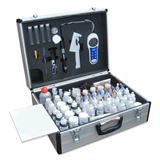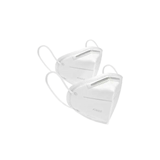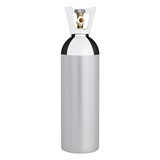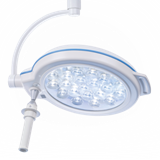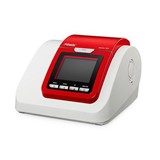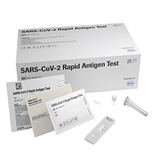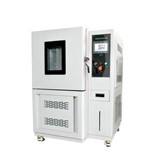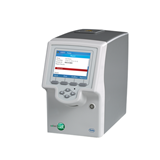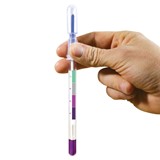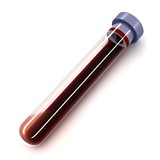The National Bowel Cancer Screening Monitoring Report 2012-13 shows that participation in the program fell to 33.5 per cent of the 964,000 Australians invited to screen for the disease over the period.
Cancer Council Australia's Advocacy Director, Paul Grogan, said the low screening rate reflected a lack of awareness of bowel cancer.
"People don't talk about bowel cancer, they do not realise it is the nation's second biggest cancer killer and they do not appreciate that a simple test for the disease can mean the difference between life and death," Grogan said.
"On average, every 2½ hours another Australian dies of bowel cancer. Yet around 90 per cent of cases can be cured if detected early. If you are one of the million-plus Australians who will receive a free screening kit in the mail this year, please do the test – it could save your life."
Grogan said that while participation was low, the good news was that the program was still saving lives and reducing unnecessary treatment costs.
"Thanks to the program, 400 Australians were diagnosed with a confirmed or suspected cancer that was twice as likely to be cured than someone who presents with symptoms and another 730 Australians had advanced adenomas removed that were at high risk of developing into bowel cancers," he said.
"By increasing participation, we can build on these successes."
Grogan said delays to the screening program's implementation had for many years compromised efforts to promote program participation, however there was now a pathway for program completion.
"Now that the government has a clear and evidence-based plan for the program's completion by 2020, we should take every opportunity to talk up the program's potential benefits and maximise participation.
"We already have research that shows bowel cancers are twice as likely to be picked up in early stage through the program compared with cancers that present through symptoms. The National Bowel Cancer Screening Program is one of Australia's most important public health initiatives – we just need more people taking the test."
Grogan said Cancer Council was running an awareness campaign to boost program participation, supported by a range of national activities.


